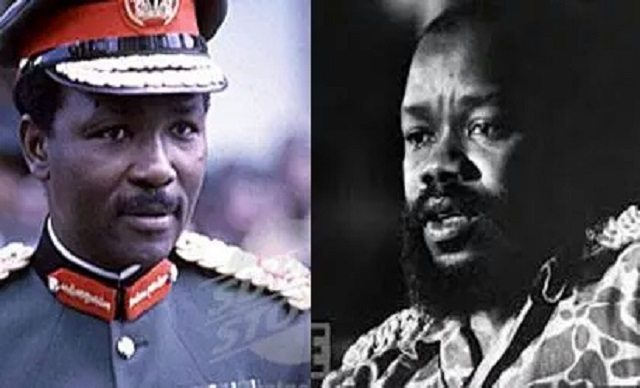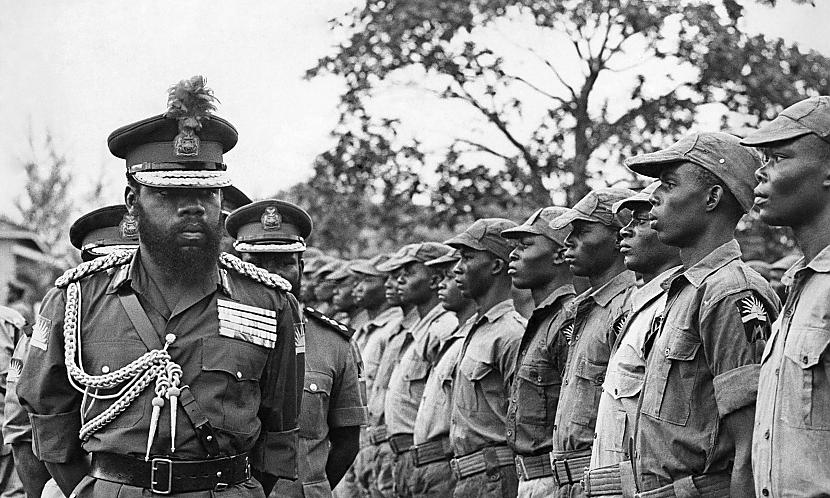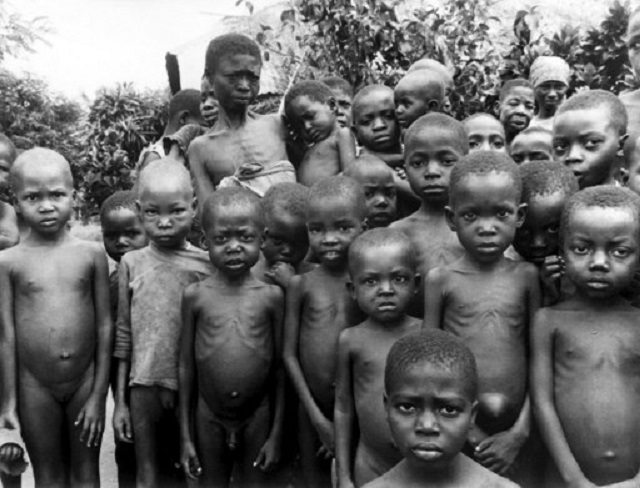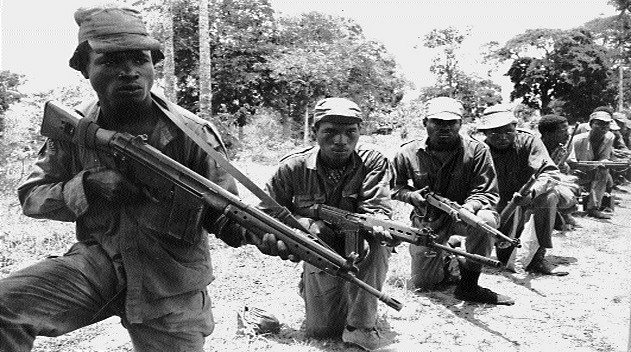The Genesis

The immediate cause of the civil war may be identified as the coup and the counter coup of 1966 which altered the political equation and destroyed the fragile trust existing among the major ethnic groups.
Before the full-blown war, there was a military coup in 1966 (carried out by Maj. Nzeogwu which led to the death of Tafawa Belewa, among others), a counter-coup (led by Gowon, which led to the brutal murder of Aguiyi Ironsi, Fajuyi, among others) and a persecution of the Igbo people living in Northern Nigeria, forcing them to return home. Even on their way home, many of them were killed in disturbing circumstances.
There have been divided opinions on the 1966 coup as some argue that corruption among the civilian ruling class pushed the military to organize the coup, while others opine that the control of oil production in the Niger Delta was also a major factor.

In May 1967, the Federal Military Government divided the country into twelve states from the original four regions, but the former Eastern Region under Lt. Col. Ojukwu saw the act of the creation of states by decree “without consultation” as the last straw, and declared the Region an independent state of “Biafra”.
Consequently, the Federal Military Government saw this act of secession as illegal. Several meetings were held to resolve the issue peacefully without success. To avoid disintegration of the country, the central government was left with no choice but to forcefully bring back the region to the main fold.
As soon as the war began, the Federal Military Government of Nigeria led by General Yakubu Gowon surrounded the Biafra territory and captured the oil –rich coastal areas.
The blockade imposed during the war led to severe famine such that within the two and half years (30 months) the war lasted, there were over 100,000 overall military casualties, while nearly two million civilians died from starvation, which was a deliberate policy adopted by Nigeria to bring the people on the Biafra side to their knees.

Western powers were also involved in the war, with Britain and the then Soviet Union backing Nigeria, while France and a few other countries supported Biafra.
The Biafra Civil War And Its End
At the orders of the Federal Military Government, the Nigerian federal troops marched in two divisions into Biafra on the 6th of July, 1976. Division 1, led by Col. Shuwa operated through the north of Biafra, while the second Division advanced on Nsukka which later fell on July 14.
On the 9th of July, the Biafrans led by Lt. Col. Banjo retaliated by marching into the mid-western region of Nigeria across the Niger River, passing through Benin City and later stopped at Ore on August 21.

The Biafran troops captured the mid-west easily because there was little repulsion from soldiers guarding the region. This infuriated Gowon and he asked Col. Muhammad Murtala to form another division (Division 2) to drive the Biafrans out of mid-west and attack Biafra as well.






































Discussion about this post